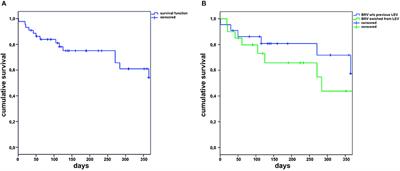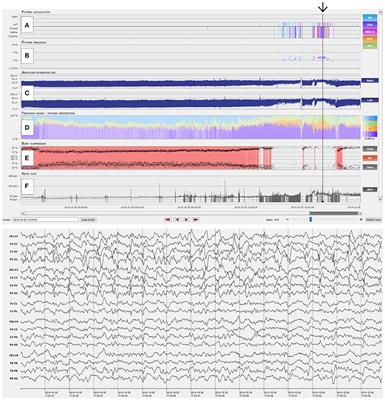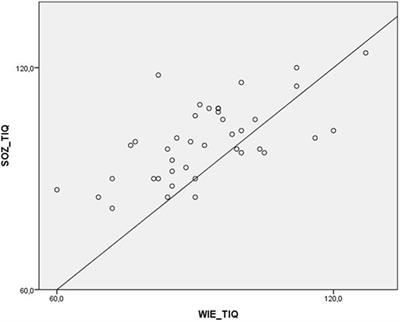EDITORIAL
Published on 09 Jan 2019
Editorial: Burden of Illness in People With Epilepsy: From Population-Based Studies to Precision Medicine

doi 10.3389/fneur.2018.01164
- 1,796 views
- 6 citations
16k
Total downloads
74k
Total views and downloads
EDITORIAL
Published on 09 Jan 2019

REVIEW
Published on 09 Aug 2018

ORIGINAL RESEARCH
Published on 23 Jul 2018

ORIGINAL RESEARCH
Published on 06 Jul 2018

ORIGINAL RESEARCH
Published on 29 Jun 2018

ORIGINAL RESEARCH
Published on 19 Jun 2018

ORIGINAL RESEARCH
Published on 15 Jun 2018

ORIGINAL RESEARCH
Published on 05 Jun 2018

PERSPECTIVE
Published on 02 Mar 2018

ORIGINAL RESEARCH
Published on 01 Mar 2018

ORIGINAL RESEARCH
Published on 06 Feb 2018

ORIGINAL RESEARCH
Published on 05 Feb 2018

